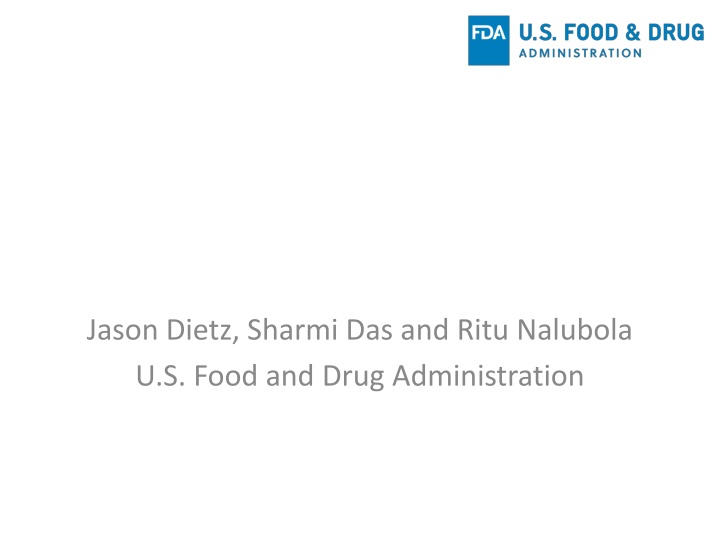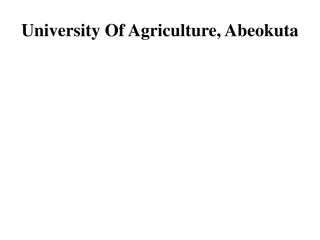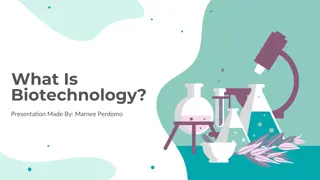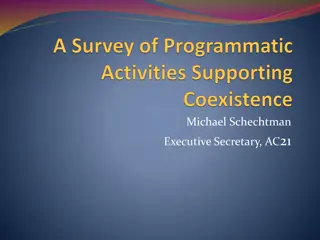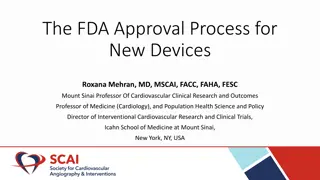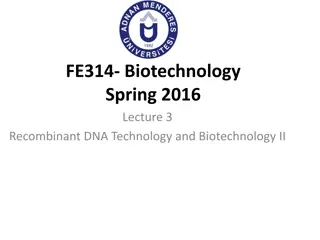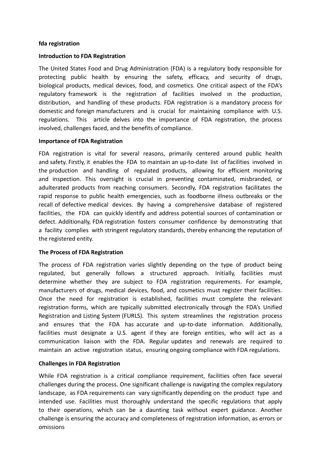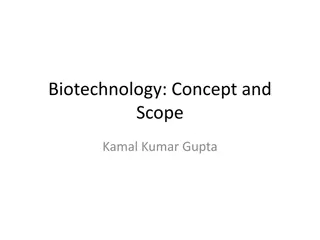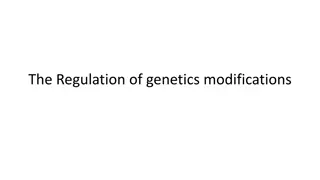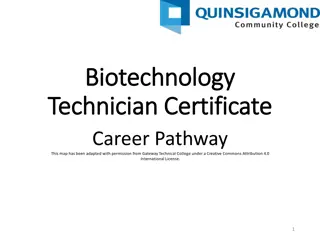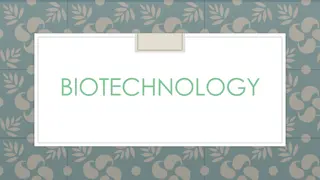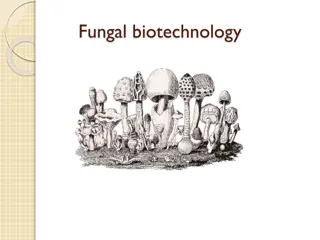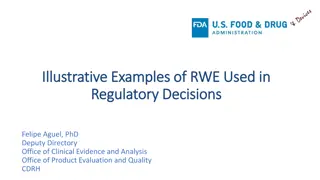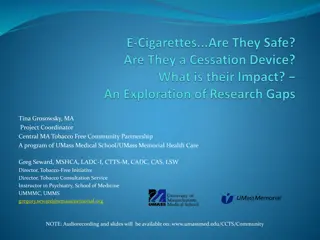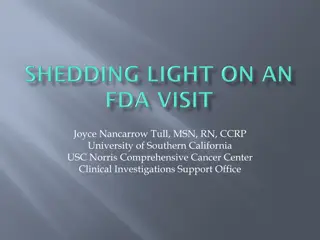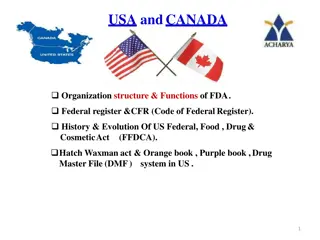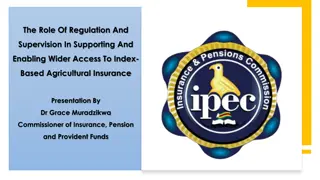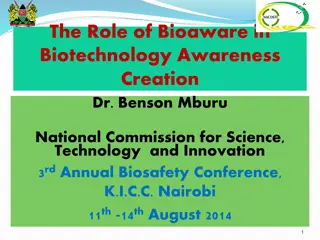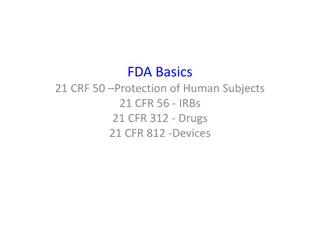Education Initiative on Agricultural Biotechnology by U.S. FDA
U.S. FDA developed an initiative to educate the public on agricultural biotechnology, addressing misinformation and promoting science-based information. The initiative involves research, stakeholder consultations, and the release of materials in multiple languages to increase consumer understanding and promote informed decision-making.
Download Presentation

Please find below an Image/Link to download the presentation.
The content on the website is provided AS IS for your information and personal use only. It may not be sold, licensed, or shared on other websites without obtaining consent from the author.If you encounter any issues during the download, it is possible that the publisher has removed the file from their server.
You are allowed to download the files provided on this website for personal or commercial use, subject to the condition that they are used lawfully. All files are the property of their respective owners.
The content on the website is provided AS IS for your information and personal use only. It may not be sold, licensed, or shared on other websites without obtaining consent from the author.
E N D
Presentation Transcript
Jason Dietz, Sharmi Das and Ritu Nalubola U.S. Food and Drug Administration
Challenges People in our country have questions about the use of biotechnology in food production. Print and web content and social media posts sometimes provide inaccurate information. Consumers see labeled products and may believe it is an indication of safety or wholesomeness. 2 www.fda.gov
What did we do? We developed an education and outreach initiative on agricultural biotechnology, mandated and funded by the U.S. Congress. The initiative is intended to publish and distribute science-based educational information on the environmental, nutritional, food safety, economic, and humanitarian impacts of such biotechnology. 3
What did we do? We performed extensive formative research. This research included: Two public meetings Consultation with experts and specific stakeholder groups Review of the literature on communicating about this subject Focus group research with target audience 4
What did we do? In developing our initiative, we committed to: using plain language that is easy for consumers to understand, providing science-based information, and being a neutral source of information (not promotional). 5
What did we do? We launched the first phase of publicly- available materials from this initiative on March 4, 2020. Feed Your Mind Material is available in Spanish and English We have promoted these materials through social media and a widely dispersed press release. 6
What worked? What didnt? As part of our effort we performed an efficacy study to see if our material was understood as expected. The study showed that consumers understanding of this issue increased after viewing our materials. We are still evaluating what worked well and what we might do different in the future. Key learning- We must continue to work to make sure our messages are simple and easy to understand . Although they may be simple to us as scientists, they may not be simple for the general public. 8
What do consumers need to know? Need to know: These foods are safe and have been used for more than two decades. The safety of these products is reviewed by the government before marketing. Use of biotechnology is separate from use of herbicides, hormones and other agricultural processes. Which products are genetically engineered. 9
What do consumers want to know? Want to know: Is this food nutritionally superior/inferior? Does this food have a harmful environmental impact? 10
Essential elements These foods are safe and have been part of the global food supply for over two decades. These foods are an important tool to ensure that everyone has enough to eat. Consumer education and outreach mechanisms must use multiple formats (website, social media, videos, factsheets) and need to be credible, sustained and updated over time. 11
